Internet Censorship and Adult Websites
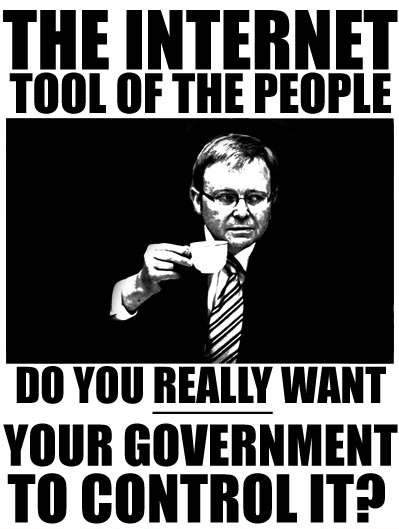
The Internet holds huge amounts of information. It provides its users fast access to a practically limitless amounts of data, much of which is freely accessible and available 24 hours, 7 days a week. During the internet’s early start in the 90’s, one of the nicknames of it was the "informaion superhighway" because the internet was used to connect most of the world's individuals, firms, and organizations which it still does until today.
The information from the internet may vary but the diversity of available information is extraordinary. Its mission is to provide high speed access to information in all forms; from text, graphics, audio, and video which includes art, sports, entertainment, legal, financial, IT and so forth.
Today, accessing the internet may also be viewed as a commodity while a lot of information is freely available; some information on the Internet is available only by subscription.
However, it's as if the information superhighway has some major roadblocks since the US House of Representatives and the Senate is attempting to pass two decisive bills (SOPA and PIPA) in the form of Internet censorship.
A lot of people are getting worried and concerned about the US government interfering with the World Wide Web. But before we give our negative reactions, do we really know what the main purpose of internet censorship is? How much it will greatly affect us in the future? As users, we should be educated and be aware about what internet censorship is.
WHAT IS INTERNET CENSORSHIP?
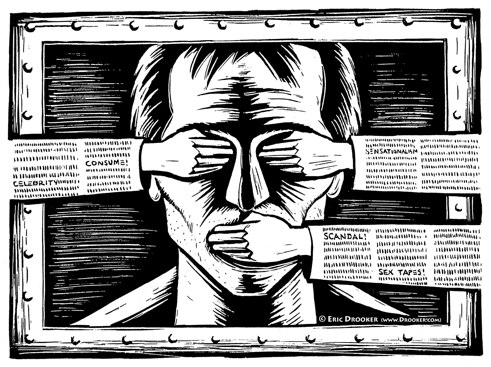
The main purpose of internet censorship is to protect copyrighted material on the Internet by fighting theft of U.S. property which in other words, promotes prosperity, creativity, entrepreneurship and innovation.
If we’ll think about it, it sounds great, right? The motivation for this internet censorship ranges from well-intentioned desires to protect children from undesirable content to attempts in controlling access to information of a nation. However, Internet censorship isn't just a parental or governmental tool because there are already several existing software products on the consumer market that can limit or block access to specific web sites.
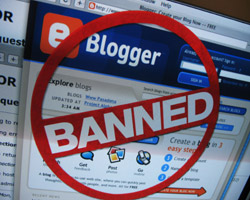 Its real purpose is to control or suppress publishing, or
accessing information on the internet by the government or by private
organizations. No matter what the censors’ purpose is, the end result is to
clearly block access to the Web pages they identify as undesirable.
Its real purpose is to control or suppress publishing, or
accessing information on the internet by the government or by private
organizations. No matter what the censors’ purpose is, the end result is to
clearly block access to the Web pages they identify as undesirable.
Therefore, sites such as Facebook, Twitter, Flickr, Youtube and Vimeo would likely to turn off their operations if the bills became law. Different search engines and social media would probably shut down because of the massive amount of resources it would take to enforce and monitor their own sites. Also, any website hosting, even a video with a music clip in the background would be in danger. Yes, even your porn.
EFFECTS IN ADULT WEBSITES
According to Dr. Robert Weiss from the Sexual Recovery Institute, Washington Times, “Sex is the #1 searched for topic on the Internet.” The online adult industry makes billions of profit every year and is still currently expanding. Below is a list of facts that show how adult websites contribute to worldwide internet usage.
FACTS:
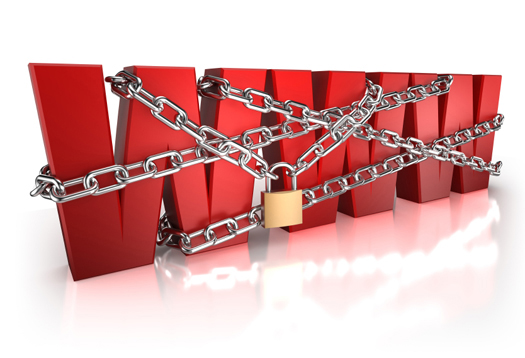
· There were 420 million pages of adult sites by the end of 2004, and it is believed that the majority of these websites are owned by less than 50 companies
· The adult industry generates $12 billion dollars in annual revenue - larger than the combined ABC, NBC, and CBS annual revenues.
· In August 2005, Internet users viewed over 15 billion pages of adult content.
· Internet users spend an average of 14.6 minutes per day viewing online adult content.
· 60% of all web-site visits are sexual in nature.
· There are 1.3 million porn websites.
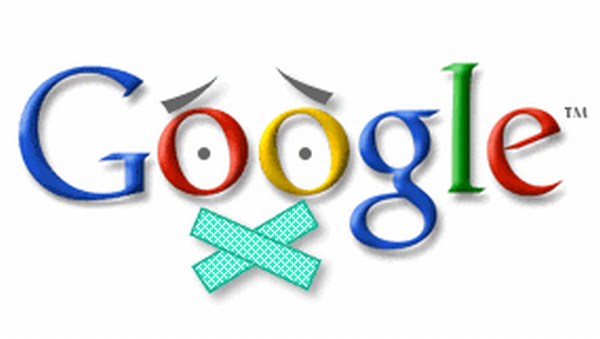 Adult websites are not solely as
means for pornography. It could deliver other useful contents that are legal
like escort services, enhancement drugs, and so forth. Therefore, if the
government bans all adult related websites, we can’t help but question; does
any of the inappropriate material include topics on sexual health and the like?
Because these topics are necessary and educational, considering that these are
also adult related materials. Is the government in the ideal position to screen
and decide what should be banned?
Adult websites are not solely as
means for pornography. It could deliver other useful contents that are legal
like escort services, enhancement drugs, and so forth. Therefore, if the
government bans all adult related websites, we can’t help but question; does
any of the inappropriate material include topics on sexual health and the like?
Because these topics are necessary and educational, considering that these are
also adult related materials. Is the government in the ideal position to screen
and decide what should be banned?
It would seem that with the compulsory internet censorship filtering policy, the government has taken an inappropriate approach and it clearly presents a very poor replacement for every individual’s discretion.
According to Google, it is reasonable to ban pornography websites for children. However, the mandatory filtering measures raise serious concerns on the imposed restrictions affecting everyone’s right on access to information. It seemed that the scope of these internet censorship policies has been too broad for comfort.
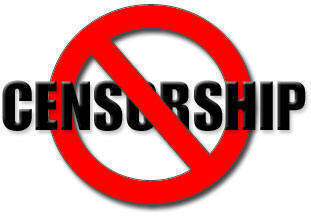 It is true that we need to make
the Internet a safer haven for everyone, but it has to be voluntary. Therefore,
it would be much better and more effective if we adapt a combination of
education, supervision, and sense of responsibility when we are using the
Internet.
It is true that we need to make
the Internet a safer haven for everyone, but it has to be voluntary. Therefore,
it would be much better and more effective if we adapt a combination of
education, supervision, and sense of responsibility when we are using the
Internet.
Today, the internet is a place where everyone is free to express themselves without the fear of being censored. This is our right as social beings and this is crucial for social connection, as a hub for ideas locally and internationally. Sure, we can impose censorship to control the adverse effects of the internet. However, it should be voluntary.